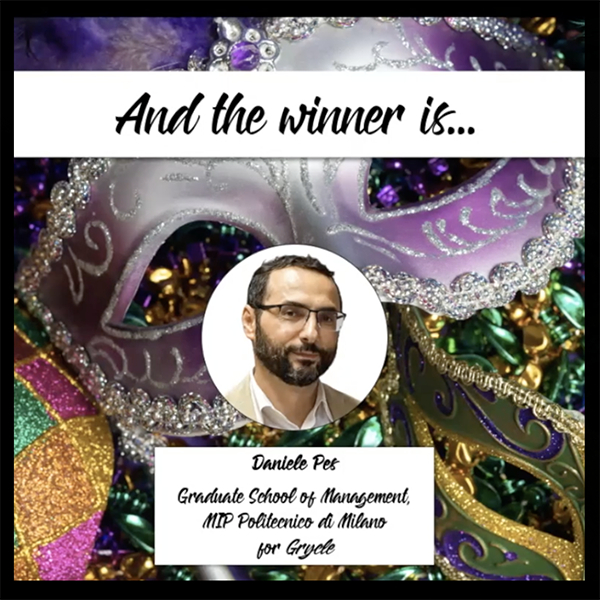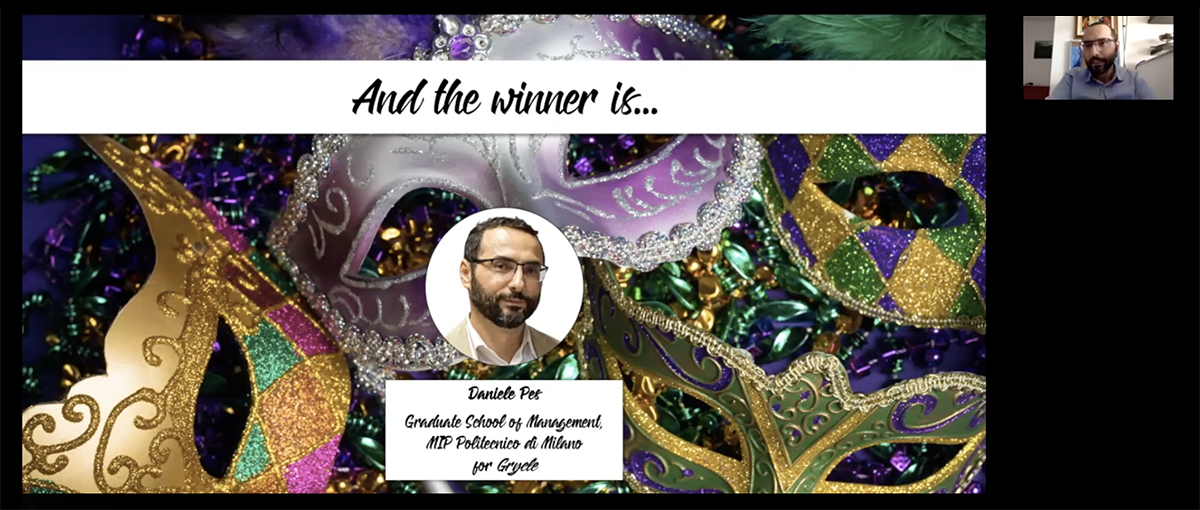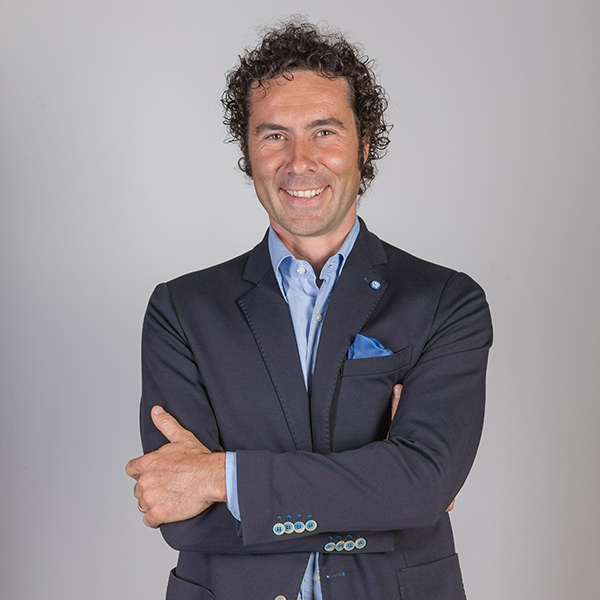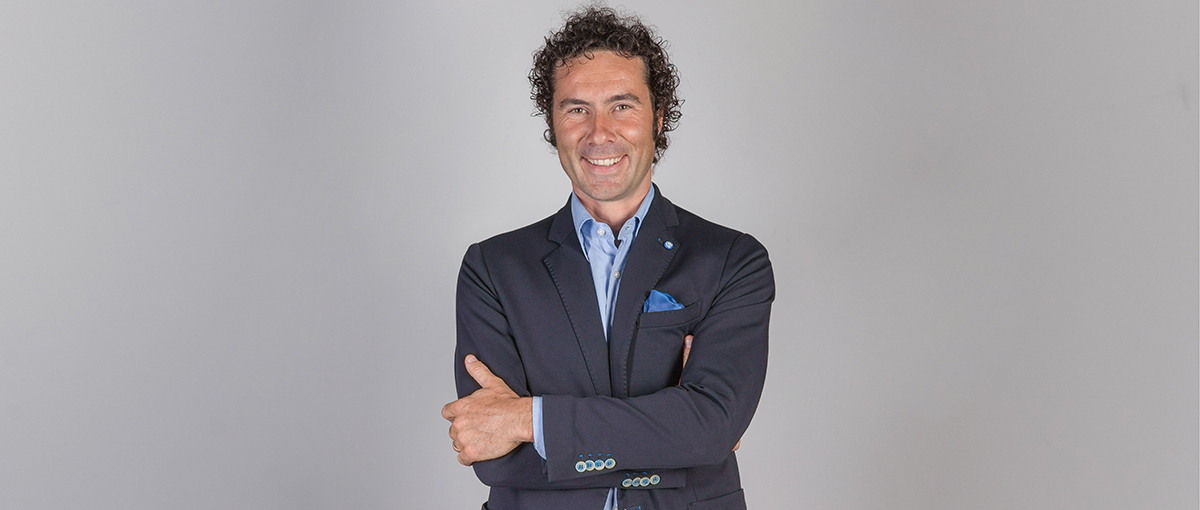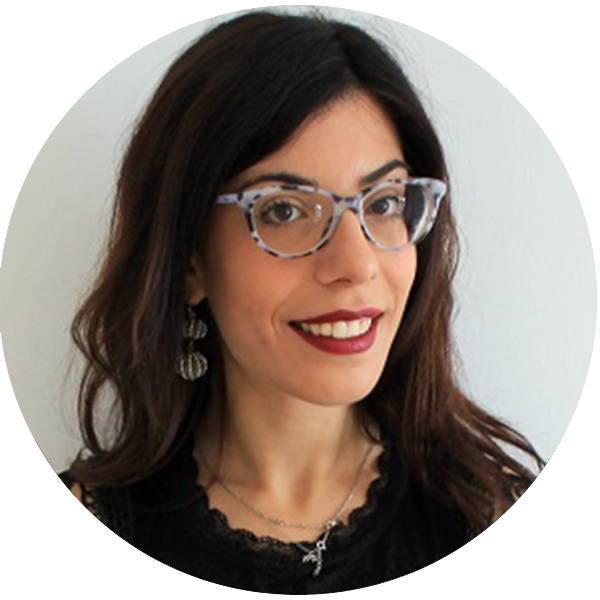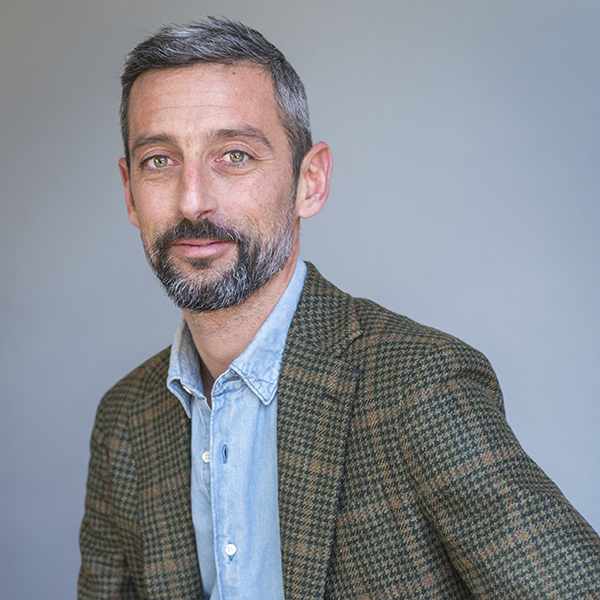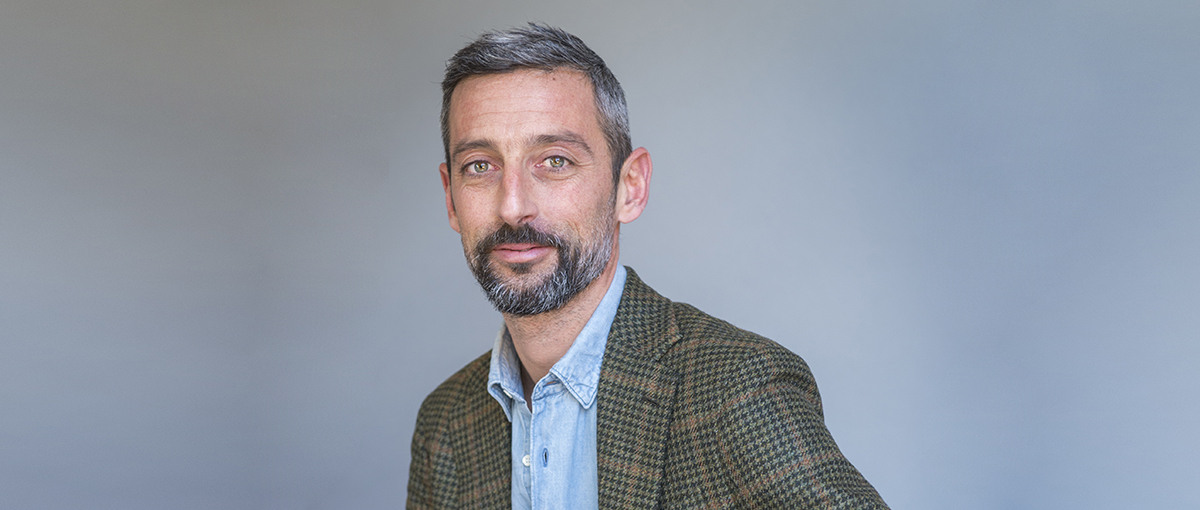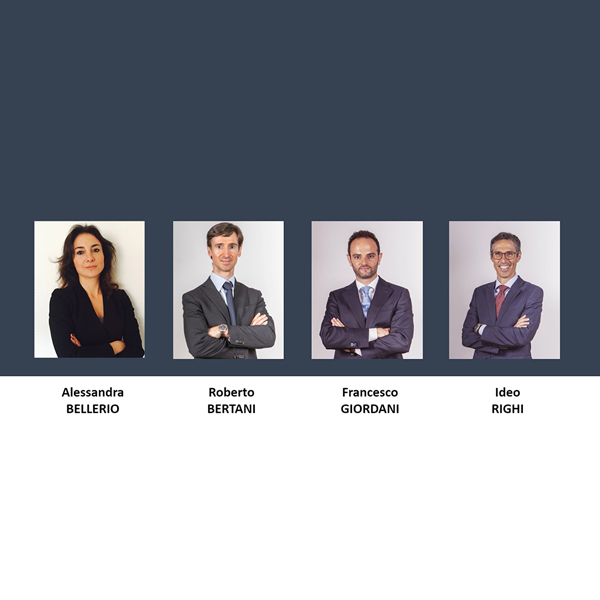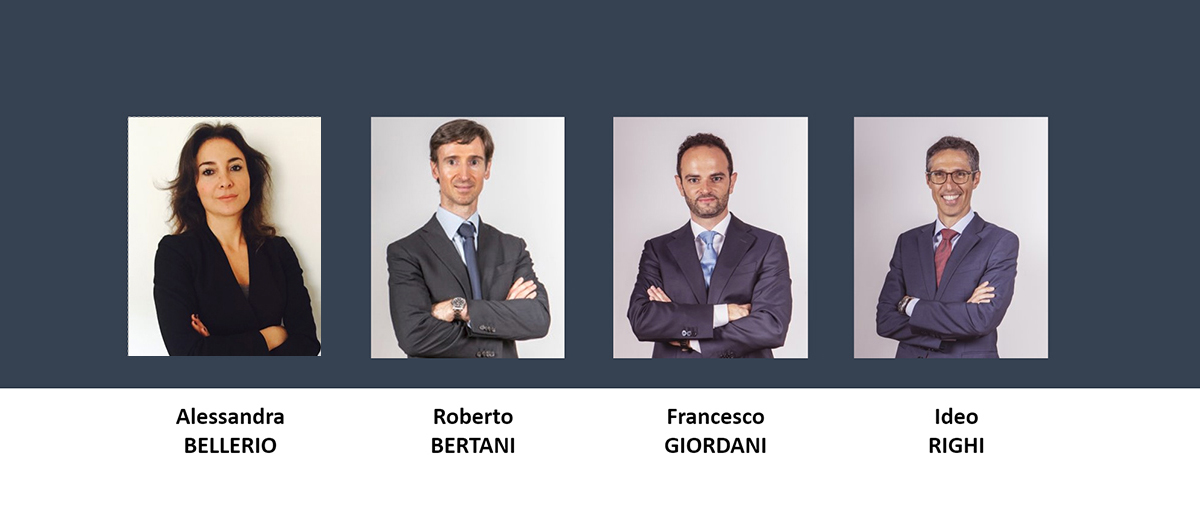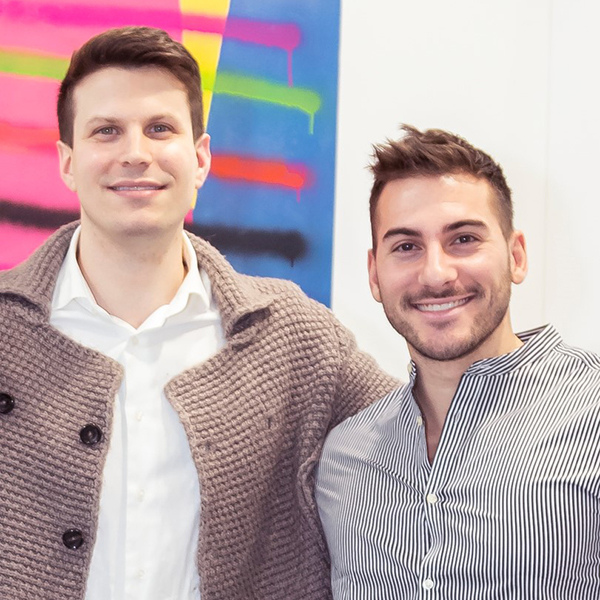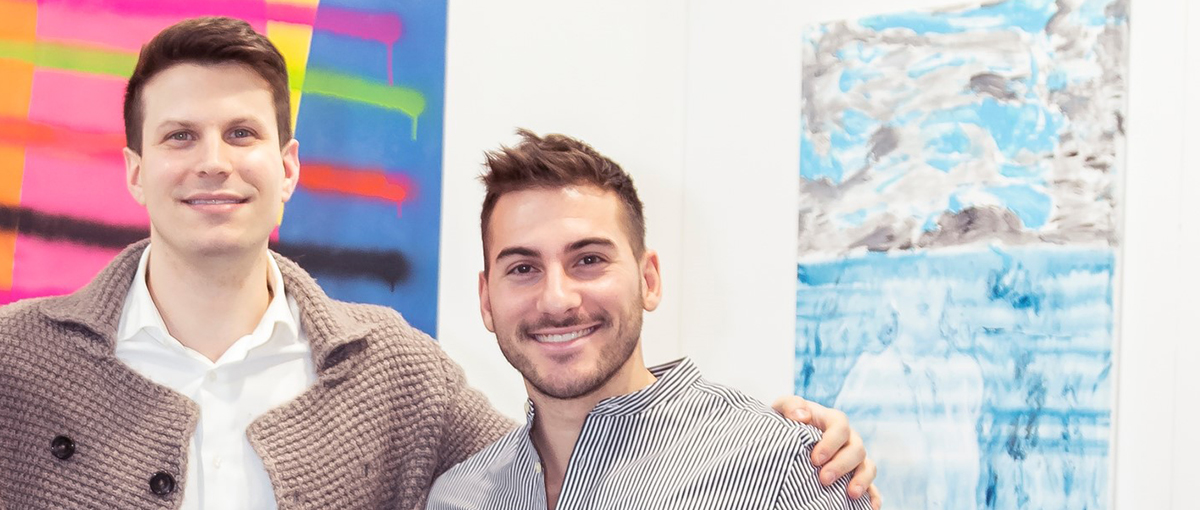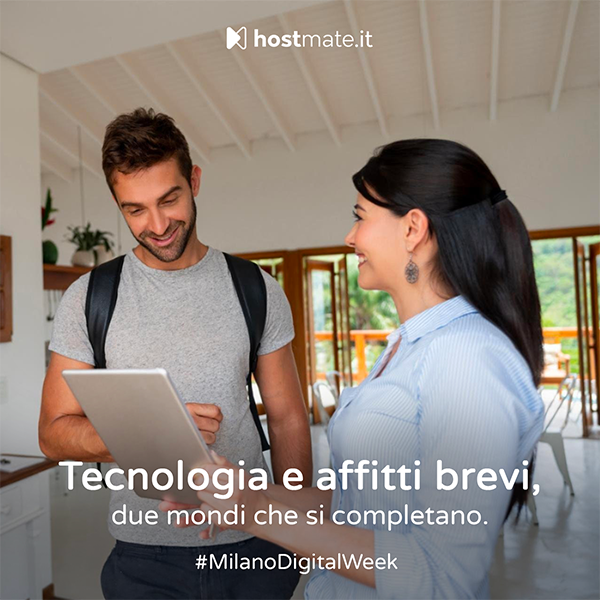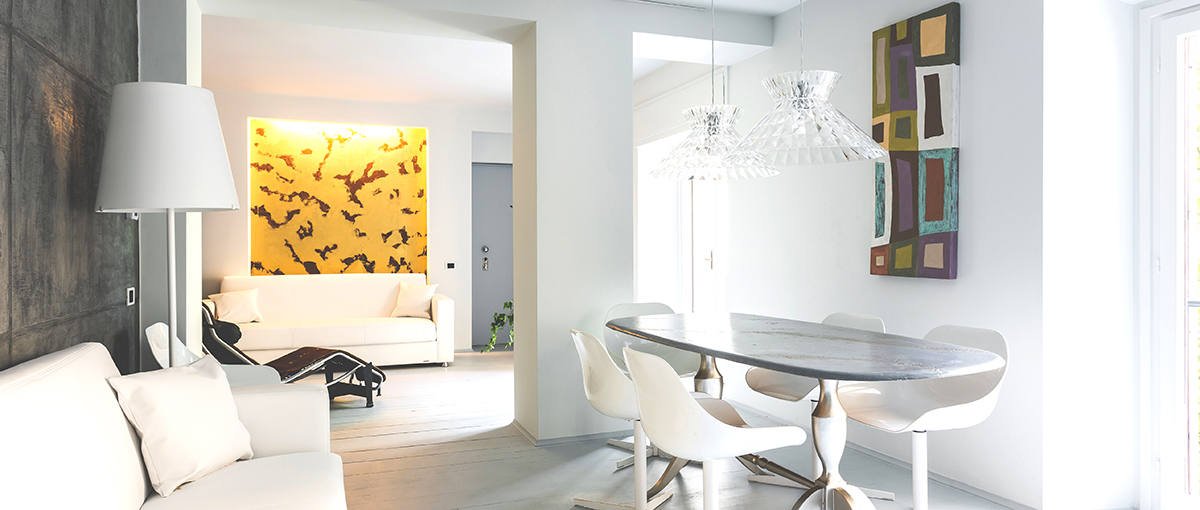Our alumni, Ben Thompson, Virginia Soana and Sandro Duarte, talk about their entrepreneurial journey which started in MIP’s classrooms and led to a partnership with Zero Latency VR, the world leader in Virtual Reality entertainment.
Tell us more about your startup: how it was born, the needs it meets, and the challenges faced during the pandemic.
- Ben: I am a great fan of paintball and airsoft. I have always been interested in the relationship between video games and the real world and how technology can make possible the convergence between these two worlds. Zero Latency VR fits right into this market space, embracing the physical experience ̶ physical movement is required during the game ̶ and the digital experience ̶ the world, zombies, and spaceships are all digital and classic video game characteristics.
- Sandro: Who doesn’t like to play? We had been following the Zero Latency boom for some time, but the idea of bringing this franchise to Italy was born when Ben and I were carrying out a project ̶ again, linked to innovative gaming ̶̶ that failed for various reasons. Obviously, we did not give up and we started our journey with Zero Latency during the final months of 2019. The initial idea was to open in June 2020, but we had to postpone due to the uncertainty of the moment, linked to Covid-19.
- Virginia: I am a daughter of the Nintendo NES and Super Mario Bros. Initially, I was involved in the project as a legal consultant but, thanks to the know-how of my colleagues and their direct experience, I understood well what I was dealing with and I immediately decided to join the project, fascinated by a world so evolved and interested in VR. The biggest challenge? The launch and preparation, currently being finalized, of our project during the Covid-19 pandemic, an obstacle that is not exactly easy to overcome.
After the partnership with Zero Latency VR, what could be the future for Live Action Gaming in the gaming/entertainment sector?
- Ben: The first point on our agenda is to expand ZL in Italy and take it to more cities. On my side, I worked with a Swedish friend on a scoring system and interface capable of inserting digital elements into physical experiences. This project is close to being completed and I see Live Action Gaming as an important vehicle and promoter of this technology in Italy.
- Sandro: Virtual reality has come to stay! By joining forces with the ZL community, we not only gain a world-class partner in terms of VR entertainment but also access to high-level know-how, without the need to develop a VR platform from scratch. The short-term goal is to open more offices throughout the peninsula and offer Italians a unique and revolutionary VR experience.
- Virginia: As Ben said, the idea is to expand as much as possible in Italy in the next 3-5 years, following a strategy already largely planned: we know that the country is ready and eager to try virtual reality and we are sure that LAG, thanks to its vision and to the company structure, can be the right way to reach this goal.
Could you also tell us something about your other post-MBA professional experiences and how much they have influenced this new project?
- Ben: The final project work to complete the Part-Time MBA, presented by Sandro and me together with other colleagues, was focused on the topic of virtual reality played in a physical space. After my MBA, I left my old role and moved on to the E-sports sector. Immediately after the positive feedback we received on the thesis, we decided to try to transform it from a theoretical exercise into a real project. There have been several iterations, failures and difficulties, but in the end we made a good deal with ZL and we are happy to launch it soon.
- Sandro: I will be forever grateful to MIP. Those were two intense years, full of great emotions. On a professional level, the Part-Time MBA had an almost immediate effect, since in the last 3 years I have coordinated various engineering activities which, together with a multidisciplinary team, identify innovative solutions to minimize the cost of ownership of helicopters at Leonardo Helicopter Division. My entrepreneurial streak emerged during the MBA as, from day one, the Faculty encouraged students to pursue and develop their business ideas. If, 3 years ago, someone had told me that I would pursue my entrepreneurial side, I would have laughed!
- Virginia: The Part-Time MBA has completely changed my career perspective, making me fall in love with entrepreneurship. At the end of the course, I abandoned any activities as an employee and founded 3 start-ups, the last of which is Live Action Gaming. In addition, as a shareholder, I entered a further company founded by another alumnus from the Part-Time MBA, also collaborating in his community of professionals, and I am collaborating as a mentor for a fourth project in progress. Not only the satisfactions, but also the falls and failures have taught me not to give up and have led me to be more and more aware of my possibilities and skills.
Our alumni community shares the passion for innovation and the purpose to build a better future for all. What impact did your MIPexperience have on your personal and professional growth, and on this new entrepreneurial experience?
- Ben: There are a couple of aspects necessary for increasing your success, both as an employee and as an entrepreneur. One is the network, which can provide you with advice, resources and, most importantly, team members. The team is everything. The MBA has given me a broader capacity and understanding of how businesses work, allowing me to better understand how an employer acts and making me acquire the right approach to start my company, manage both the people and all the flows of work. The part-time format made this experience even more impactful because it allowed me to learn fundamental skills, such as time management, the ability to delegate and how to meet deadlines, which are essential in an entrepreneurial environment but also necessary to survive and successfully pursue an MBA while working full time.
- Sandro: LAG is having positive feedback and a good part of this is largely due to the fact that we are a team with a multidisciplinary background and an immense desire to accomplish our goals. As Ben says, the team is everything! If you have a team that believes in the project, most of the work is done. On a personal and professional level, when I think about my path at MIP, the phrase “I was blind, but now I see” comes to my mind. As I said before, I lived the MBA intensely and extracted as many lessons as possible. So I cannot praise one feature over another because this would not do justice to the Master. I see my experience as a whole and not in part.
- Virginia: Attending this path provided me with that set of “business” skills I was lacking because of my legal background, and allowed me to refine several soft skills that I am now applying daily in the world of entrepreneurship. I am thinking about time management, the execution of activities according to a concept of priorities based on business needs, the ability to work and lead a team of people, just to name a few. On the other hand, we met during the Master and we shared assignments, deliveries, and deadlines, and we worked as a group: this allowed us to get to know each other as individuals, even before becoming the full-fledged team which we are now. We share a common path that is helping us to face daily challenges and a mindset that allows us to achieve high-level goals with awareness and serenity.





